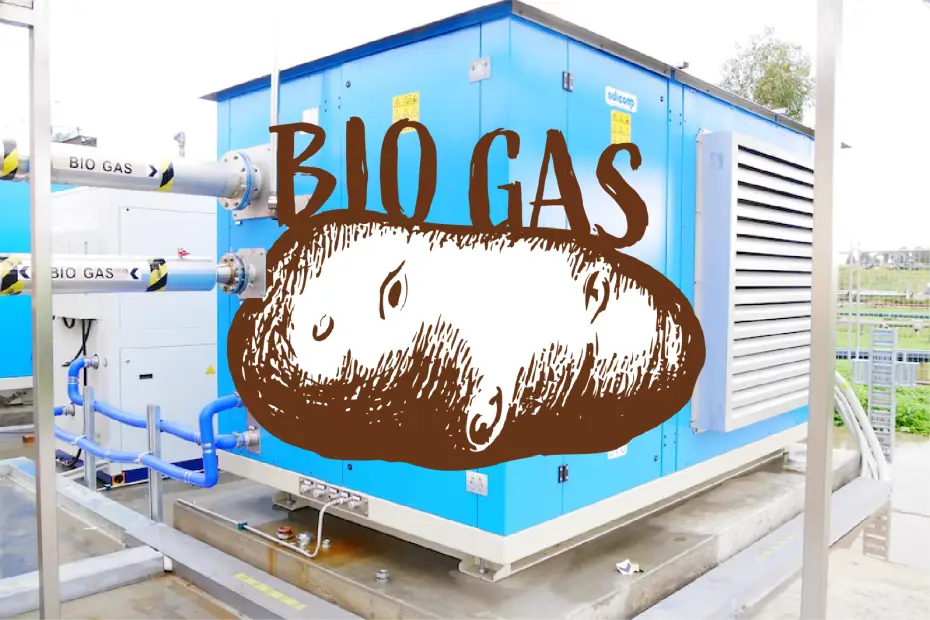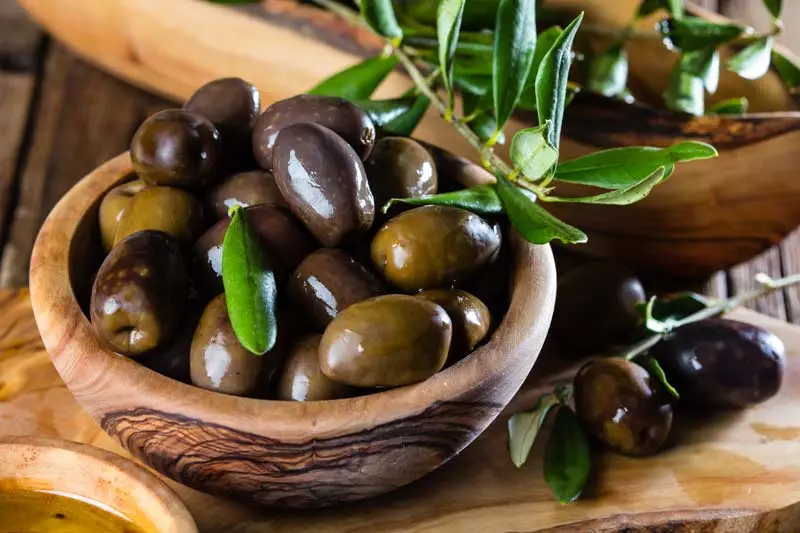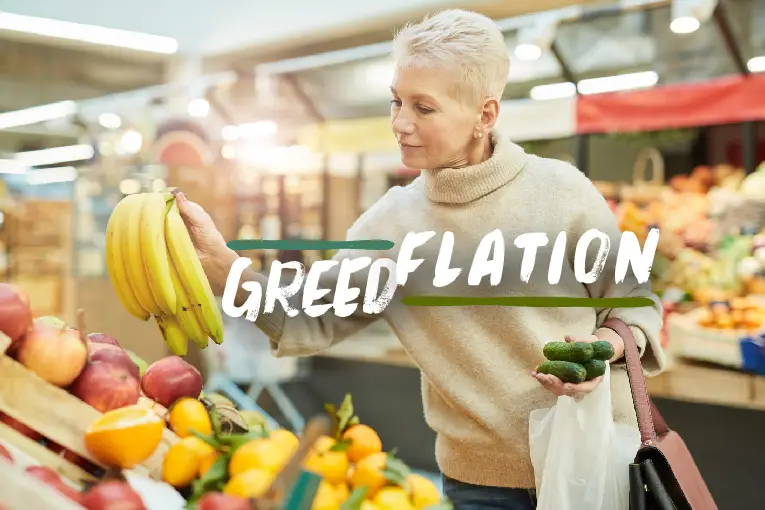Australian company McCain Foods claim that their potato waste is the key to getting off the grid in their large Victoria food factory (one of forty-nine around the world). This means potatoes that don’t make the “cut to become chips” are now creating energy in the shire of Ballarat. According to data provided by the company, they’ve lowered reliance on coal and gas by more than 40 per cent by turning potato waste into power and investing in solar. So just what is this biogas?
McCain have built a cogeneration biodigester on site, which creates an energy-rich gas by placing organic materials into an airtight container to break down. It is said to have been an Australian-first innovation and was viewed as the most efficient way to maximise carbon dioxide reduction. They are now taking all of the waste that comes out of the factory and putting it through an anaerobic digester, thus creating green biogas. The term “biogas” is a fancy way of referring to methane, that the company hopes will stick.
“We’ve got to look at what our best bang for buck is for investment to reduce CO2.”
“McCain Foods has got really stringent global CO2 reductions and in Ballarat we’re leading the way.”
—McCain Employee
Biodigesters work like a stomach to break down food waste into energy. Potato power? The new machine utilises 23,000 tonnes of unsaleable food to create power saved approximately 1,600 garbage trucks full of waste per year and is stated to reduce CO2 emissions by 15,100 tonnes. Normally that food waste would be land-spread, but now it is being used to create the green biogas. Interested in more about this project? Check the full article on ABC News



